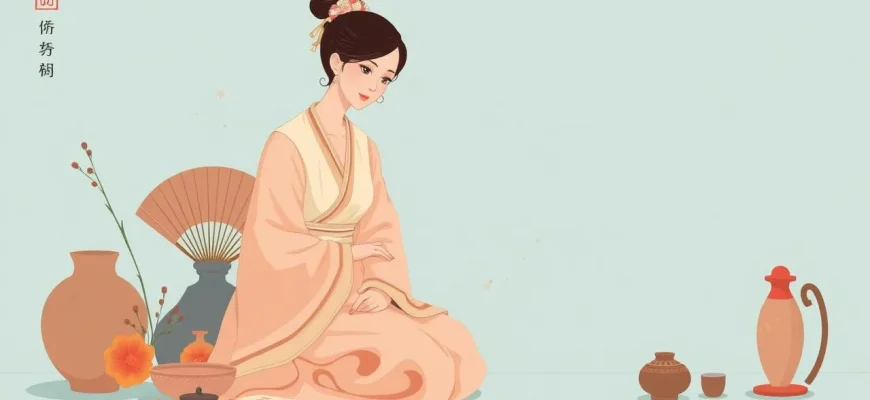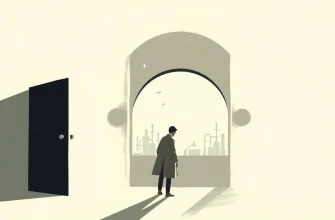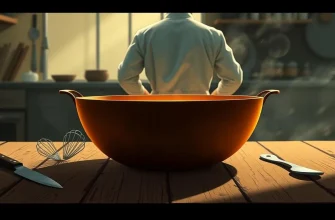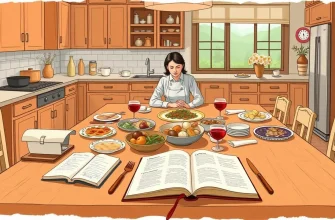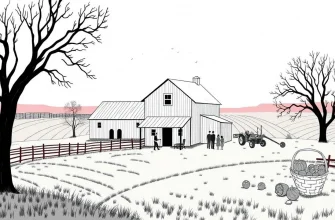Dive into the rich tapestry of Chinese culture with these 10 dramatic films. Each movie in this collection not only tells a compelling story but also provides a window into the traditions, history, and emotional depth of China. From epic historical sagas to intimate family dramas, these films are a treasure trove for anyone looking to understand the nuances of Chinese society and its cinematic expressions.

To Live (1994)
Description: This film spans several decades of Chinese history, following the lives of a couple through the tumultuous changes in China. It's a poignant exploration of resilience, love, and the human spirit amidst cultural shifts.
Fact: The film was banned in China for its critical portrayal of the Cultural Revolution, and it won the Grand Jury Prize at the Cannes Film Festival.
 30 Days Free
30 Days Free 
Raise the Red Lantern (1991)
Description: Set in the 1920s, this film delves into the oppressive life of a young woman who becomes the fourth wife of a wealthy man, highlighting the patriarchal structures and the struggle for power within a traditional Chinese household.
Fact: The film was nominated for an Academy Award for Best Foreign Language Film and has been praised for its stunning visual style and complex narrative.
 30 Days Free
30 Days Free 
Farewell My Concubine (1993)
Description: This epic spans over 50 years, focusing on the lives of two Peking opera stars, their friendship, love, and the impact of political changes in China. It's a profound look at identity, loyalty, and the clash between tradition and modernity.
Fact: The film won the Palme d'Or at Cannes and was nominated for two Academy Awards.
 30 Days Free
30 Days Free 
The Road Home (1999)
Description: A touching story about a son who returns to his rural village to arrange his father's funeral, reflecting on his parents' love story and the simplicity of rural Chinese life.
Fact: The film was Zhang Yimou's first collaboration with Zhang Ziyi, who later became an international star.
 30 Days Free
30 Days Free 
The Blue Kite (1993)
Description: Through the eyes of a young boy, this film explores the impact of the Cultural Revolution on a family, capturing the innocence of childhood against the backdrop of political turmoil.
Fact: The film was banned in China for its sensitive portrayal of the Cultural Revolution, but it won the Grand Prix at the Tokyo International Film Festival.
 30 Days Free
30 Days Free 
The Story of Qiu Ju (1992)
Description: This film follows a determined peasant woman seeking justice for her husband, showcasing the complexities of rural life and the legal system in China.
Fact: It was nominated for the Golden Globe for Best Foreign Language Film and won the Golden Lion at the Venice Film Festival.
 30 Days Free
30 Days Free 
A Touch of Sin (2013)
Description: This film weaves together four stories inspired by real-life events, exploring themes of violence, corruption, and social injustice in contemporary China.
Fact: It was banned in China but received critical acclaim internationally, winning the Best Screenplay at Cannes.
 30 Days Free
30 Days Free 
Still Life (2006)
Description: Set against the backdrop of the Three Gorges Dam project, this film examines the lives of two individuals searching for their lost spouses, reflecting on the human cost of progress.
Fact: The film won the Golden Lion at the Venice Film Festival and is known for its poetic visual style.
 30 Days Free
30 Days Free 
The Emperor and the Assassin (1998)
Description: A historical epic about the plot to assassinate the first emperor of China, Qin Shihuang, offering insights into ancient Chinese politics and the quest for power.
Fact: It was one of the most expensive Chinese films ever made at the time and features elaborate sets and costumes.
 30 Days Free
30 Days Free 
Eat Drink Man Woman (1994)
Description: This film centers around a master chef and his three daughters, exploring themes of family, tradition, and the changing dynamics in modern Taiwan.
Fact: The film was nominated for an Academy Award for Best Foreign Language Film and is celebrated for its culinary scenes.
 30 Days Free
30 Days Free 
